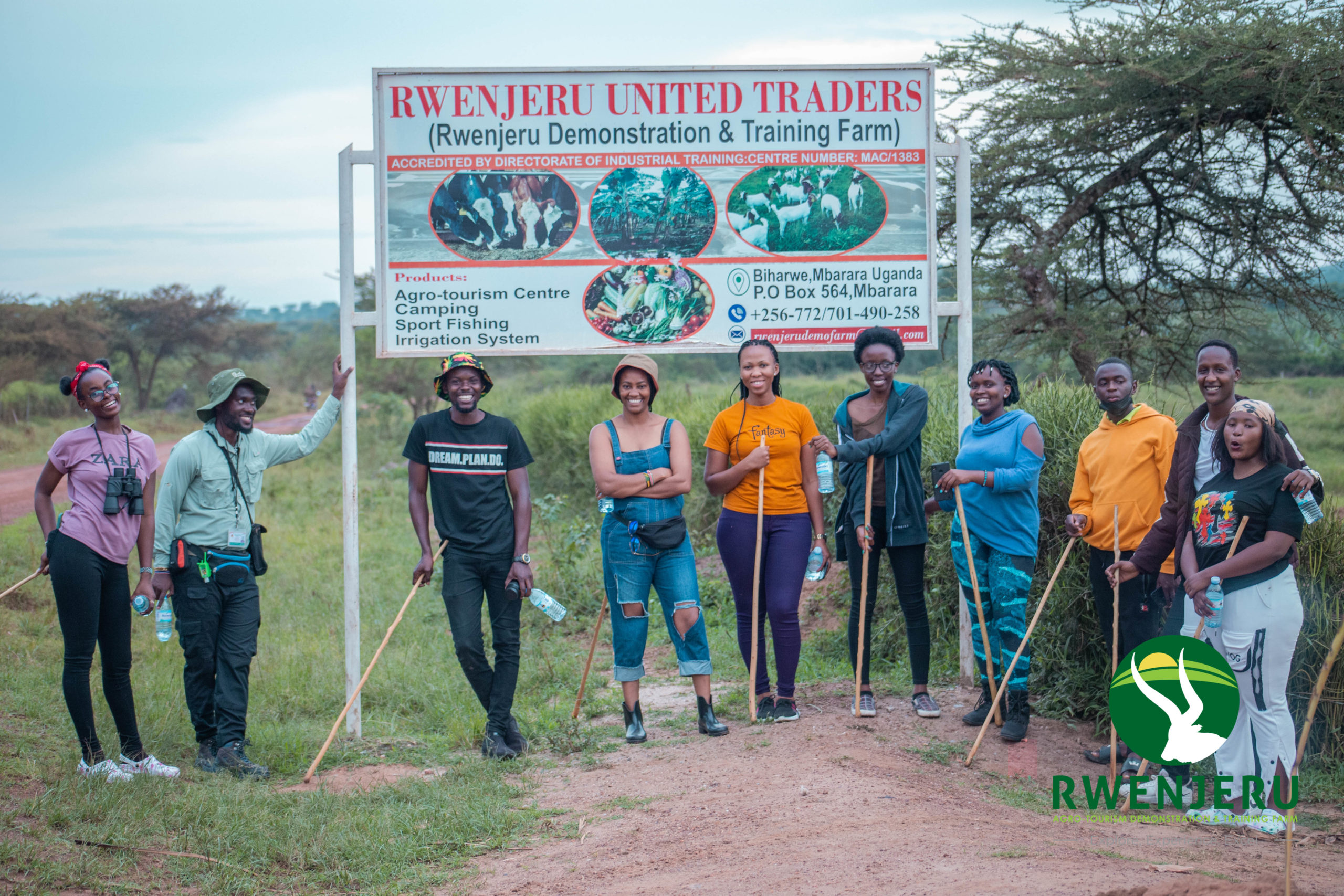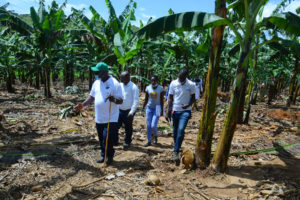According to the United Nations – World Population Prospects, there were 1.2 billion people between 15-24 years of age. Africa accounted 19% of that impressive number. However, by 2030, it is projected that the number of youth in Africa will have increased by 42 per cent. Africa’s youth population is expected to continue to grow throughout the remainder of the 21st century, more than doubling from current levels by 2055. By contrast, in Latin America and the Caribbean, Europe, Northern America and Oceania, youth populations have stabilized in size and are projected to change little over the coming decades. After rapid and sustained growth through the latter half of the 20th century, the number of young people aged 15-24 in Asia is projected to decline from 718 million in 2015 to 711 million in 2030 and 619 million in 2060.
These trends emphasize the crucial role the African youth can potentially play in the global drive for sustainable development. Africa is home to some of the youngest nations in the world, however, education systems of many countries are leaving behind a substantial proportion of the population yet if Africa is to take advantage of its impressively young population for sustainable development, educating them in modern ways of work fit for the 21st century is critical.
In Uganda for example, the Uganda Bureau of Statistics narrates that Uganda’s big challenge remains labour underutilization with more than one quarter of the working population (27 percent) underutilized in relation to time, inappropriate skills and low pay. The challenge impacts on the youth as evidenced with high youth unemployment rate. Furthermore, the quality of employment was low for most of them, which results into the majority of young people and the country failing to make the most out of their economic potential.
Uganda is not alone, two thirds of the countries in Sub-Saharan Africa will see a major rise in the share of the working age population. Countries whose share of working age population will increase between 2015 and 2030 have an opportunity to reap a demographic dividend. since the window of the opportunity for accelerated economic growth has not yet opened due to ongoing rapid population growth, resulting in a high child dependency ratio. Two thirds of countries in Africa (36 countries) are in this phase.
Africa has an opportunity to reap from its demographic dividend. However, it depends on deliberate investments that need to be made. These investments vary; from decreasing birth rate and infant mortality, to increasing girls’ education, to providing economically strong institutions and strengthening the rule of law and good governance.
The demographic dividend is also time bound, and usually lasts from three to five decades.3 The fact that the period of a demographic dividend is limited necessitates deliberate and conscious decisions made timeously.
Projects like Rwenjeru Agro-tourism, Demonstration and Training Farm cover the gap between knowledge producing institutions and industry. Reaching rural communities to have more inclusive African economies will be critical in transforming the continent. Rural communities, because they largely dependent on Agriculture on the continent, must be beneficiaries of deliberate collaborative effort from public and private sector actors to realise a more meaningful impact. Rwenjeru Agro-tourism, Demonstration and Training Farm based in an emerging city of Mbarara with greater access to rural communities – through its programs – contributes to delivering much needed value to building capacity in the agricultural sector for better inclusion in value chains.
Despite the many challenges, various institutions, organizations, foundations, governments, youth led
initiatives are making tremendous efforts by investing in and developing the capacity of young people across Africa. These efforts can further be bolstered through African led initiatives which are familiar with the challenges across the continent, and are willing to solve them using our human and local resources sustainably. An increase in population growth will consequently lead to a rise in the demand for jobs. Already, youth unemployment on the continent is at a critical level.
According to the International Labour Organization (ILO), 70 percent of workers in Sub-Saharan Africa are in vulnerable employment in comparison to a 46.3 percent global average.
Across the continent, it is obvious that governments cannot address the problem of job creation alone. Hence, the need for private sector participation and entrepreneurship. Entrepreneurship is seen as a sustainable means of job creation across Africa
Transmission of knowledge and its transfer must be facilitated – Agriculture as the biggest employer in Sub-Saharan Africa offers the greatest opportunity to transform rural communities. Enhancing skills and facilitating knowledge transfer in the Agricultural sector is critical to realizing empowered communities. It is against this background that Rwenjeru Agro-tourism, Demonstration and Training Farmstarted its project to contribute to the solution.



